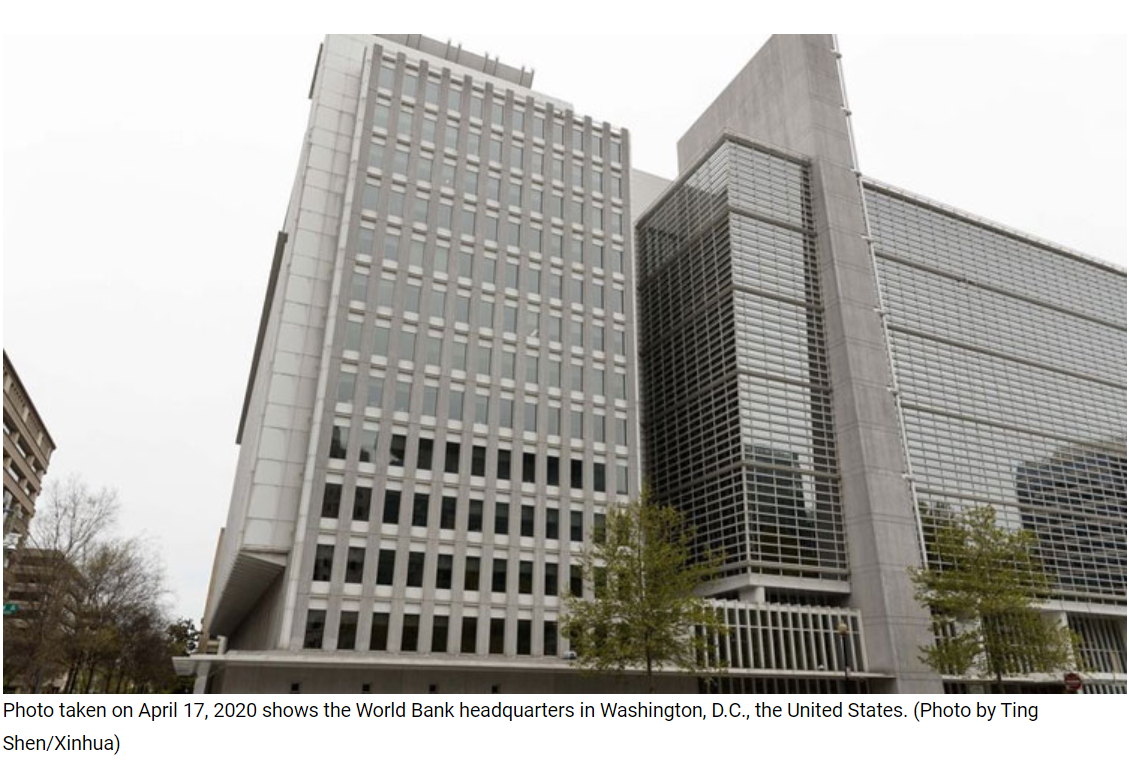World Bank offers policy advice for regional recovery
In a recent assessment of economic recovery in the East Asia Pacific (EAP) region, the World Bank focused on three areas that will influence the region’s recovery: COVID-19 vaccinations, fiscal policies to encourage economic relief and growth and climate policies to recover in a sustainable manner.
The Spring 2021 EAP Economic Update said there may be enough vaccines produced globally to inoculate every adult in the world by the end of this year, but global herd immunity will probably not be achieved in that time.
“Estimates show at the end of 2021, in the most optimistic scenario, efficacy-adjusted coverage in high-income countries will be 81 percent and in developing countries 55 percent,” the report said.
The required percentage of a population needing to be vaccinated to reach herd immunity varies depending on the disease, but most estimates suggest herd immunity against COVID-19 would require 60 to 70 percent of the population to be inoculated.
Emerging variants of concern (VOC) of the virus also complicate matters, the World Bank report said, because they render vaccines less effective and would require more vaccine coverage to reach herd immunity.
It added that for countries where COVID-19 remains uncontrolled, rapid vaccinations should be a priority to reduce deaths and ease the burden on health systems.
“The challenge for these countries is to procure and distribute sufficient vaccines and to address any vaccine-hesitancy among people through effective information campaigns,” the report said.
Fiscal policies are expected to play a large role in mitigating the economic shock of COVID-19 as well.
“Relief is needed to help households to smooth consumption and [to help] firms to avoid bankruptcy or damaging construction,” the World Bank said.
The report continued: “The evidence so far suggests that in many EAP countries, relief is less than earning losses, stimulus has not fully remedied deficient demand and public investment is not a significant part of recovery efforts.”
In terms of percentage of gross domestic product (GDP), Cambodia contributed less than 1 percent of its GDP on public works, accelerated spending and public investment in 2020, according to the report. Cambodia contributed about 2 percent of its GDP to “income support”.
Comparatively, Vietnam contributed about 10 percent of its GDP on public works and about 4 percent to income support.
The World Bank suggested that investment spending could be made more efficient and targeted to areas where “the social rate of return is highest”.
It noted that in Cambodia, the chances of a business receiving support wasn’t related to the level it had been affected by the pandemic.
Concerning a green recovery in the region, the report said policy decisions would play a key role in shifting from predominantly fossil fuels to renewable energy and without a concerted effort, the globe would probably fail to reach the goal set by the Paris Climate Agreement of limiting the global temperature increase to 2 degrees Celsius above pre-industrial levels this century.
Policy recommendations in the report included “phasing out fossil fuel and energy subsidies, adjusting carbon prices, fostering green public investment in low carbon and resilient infrastructure and innovation and undertaking low-carbon policy reforms in key sectors, such as energy, transport, agriculture, land use and urban planning”.
The report said Cambodia’s policies had “relatively little emphasis on climate change”.
It added that smaller developing countries will need international assistance in pursuing broader climate goals.
Using Vietnam as an example, the report said the country would need at least $20 billion more in investments to reach its goal of reducing greenhouse gas emissions by 9 percent using domestic resources and by 27 percent with international support by 2030.
Source: https://www.khmertimeskh.com/50835808/world-bank-offers-policy-advice-for-regional-recovery/


 English
English




